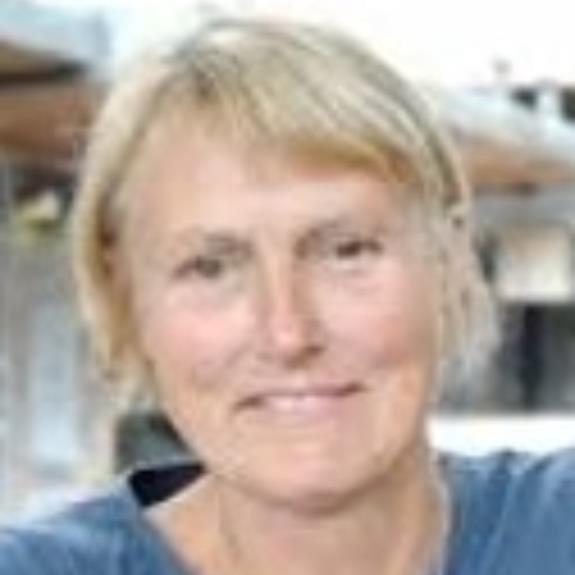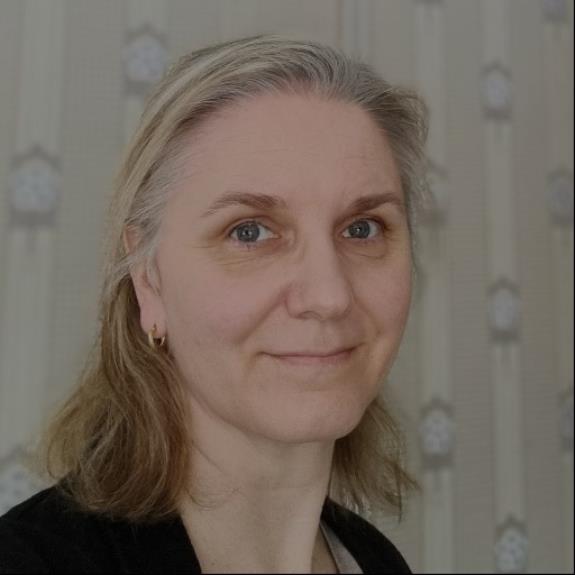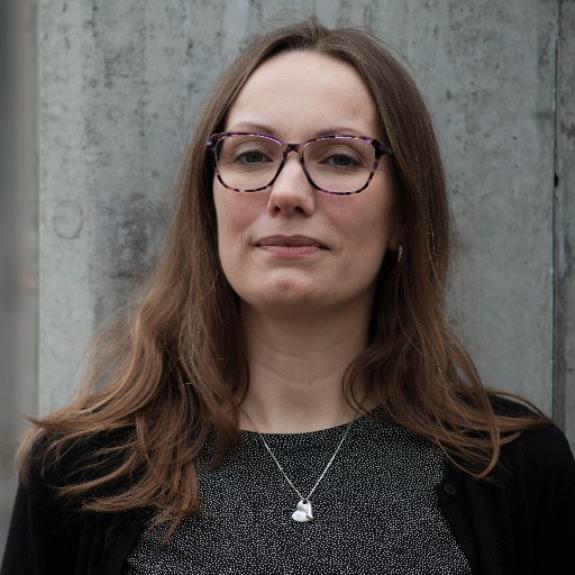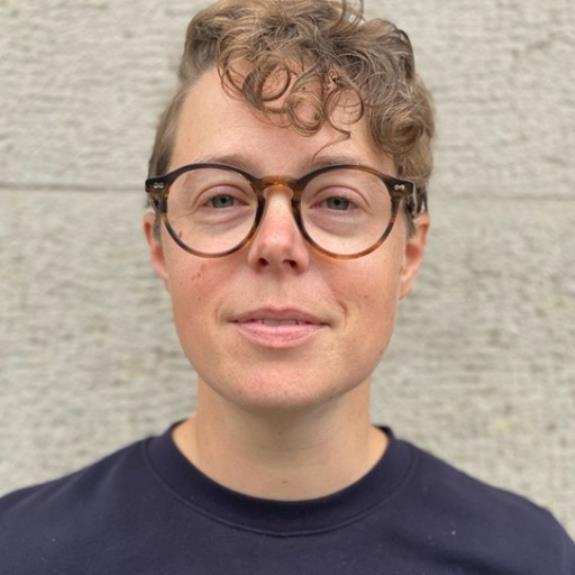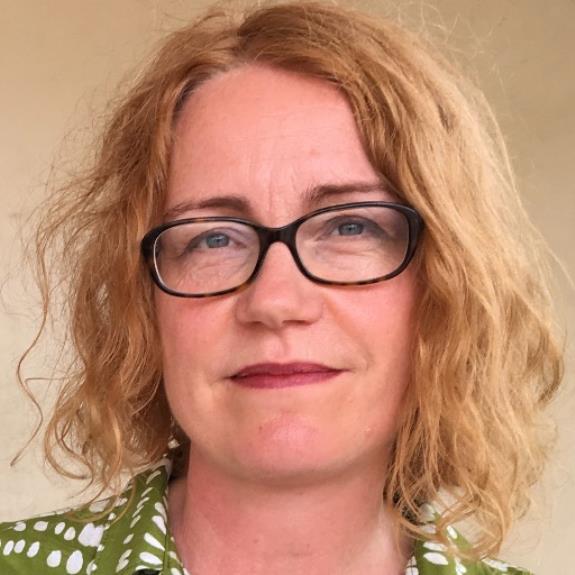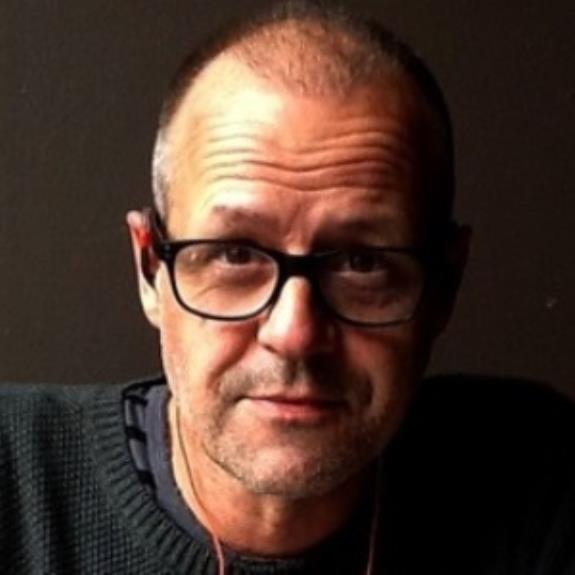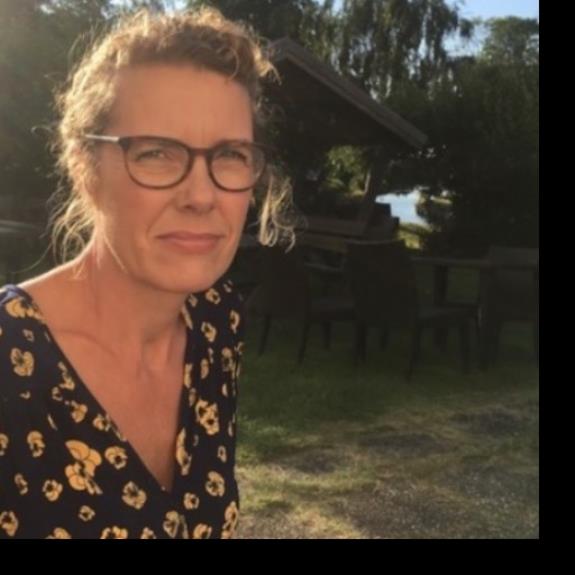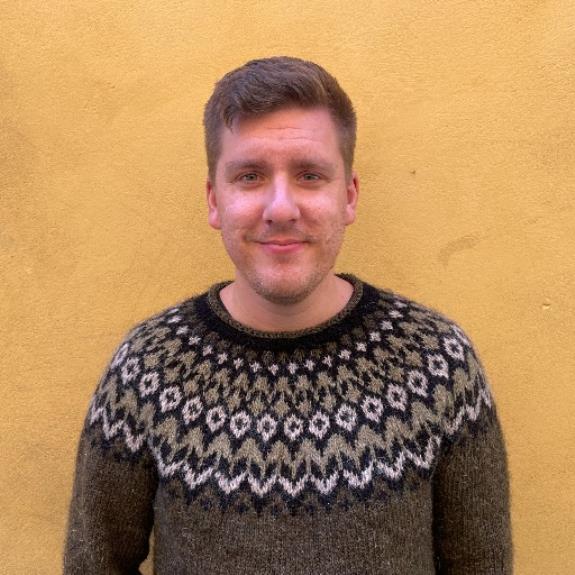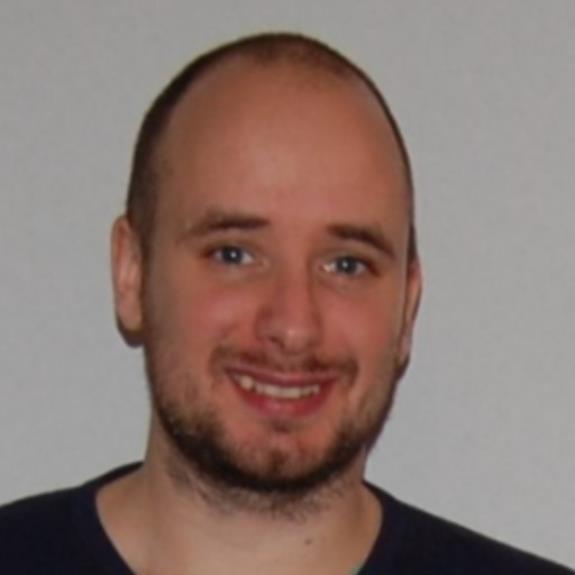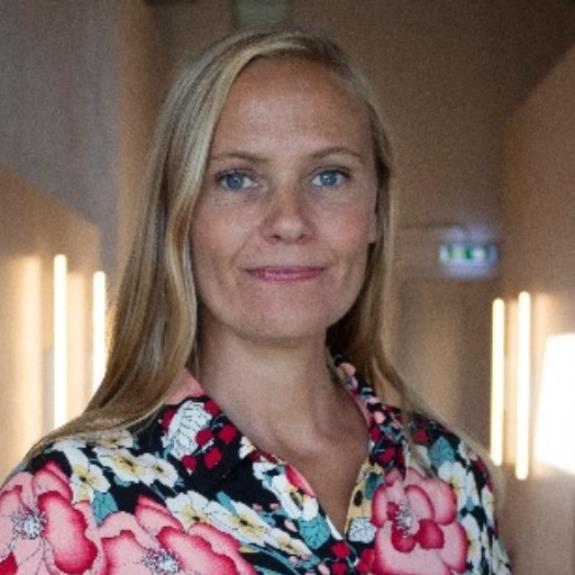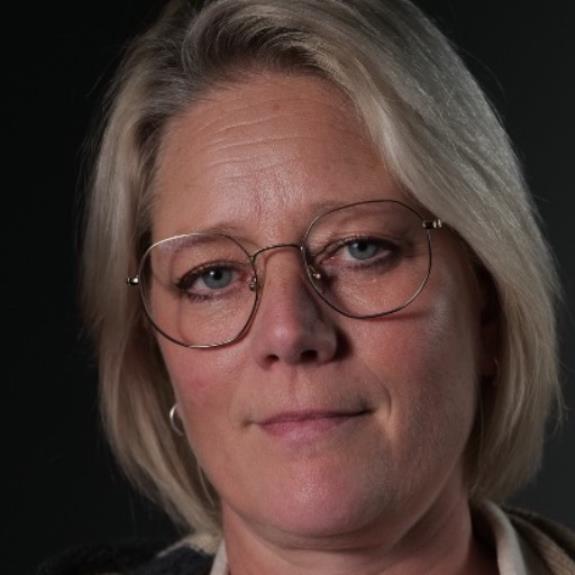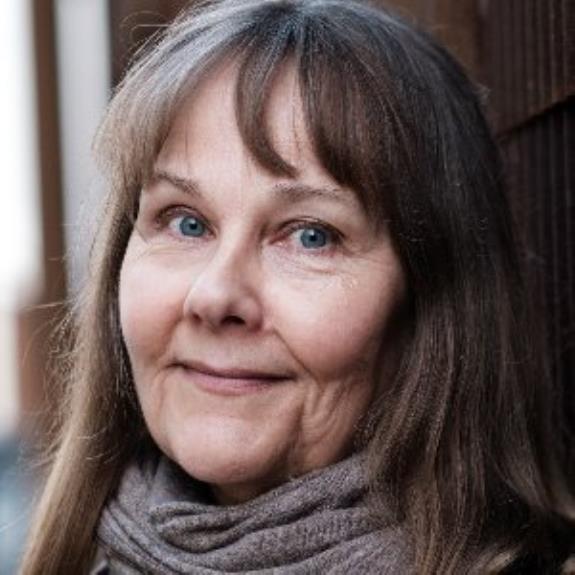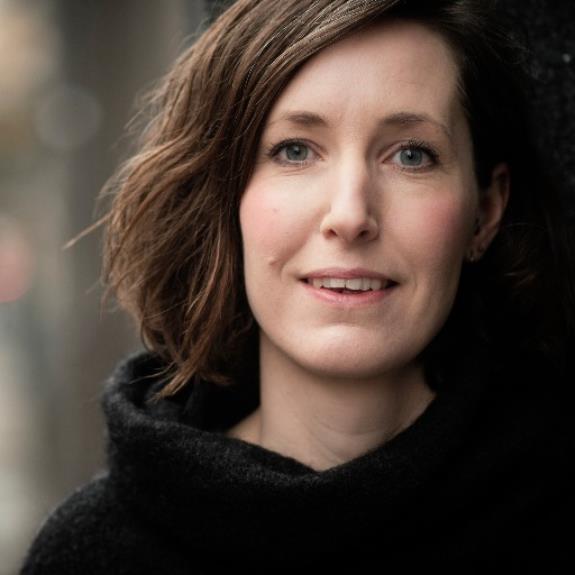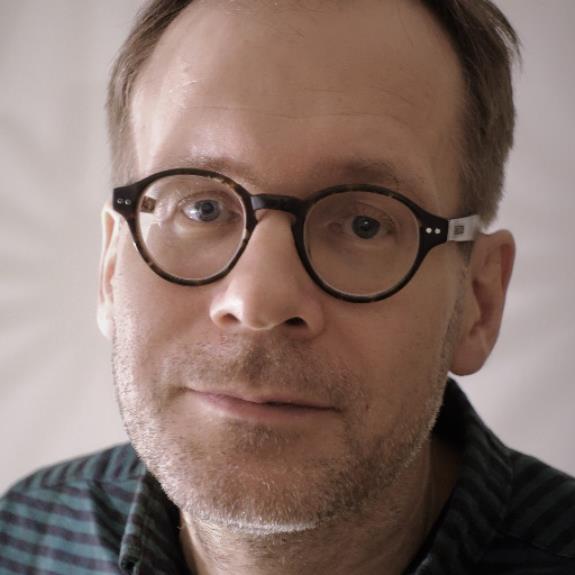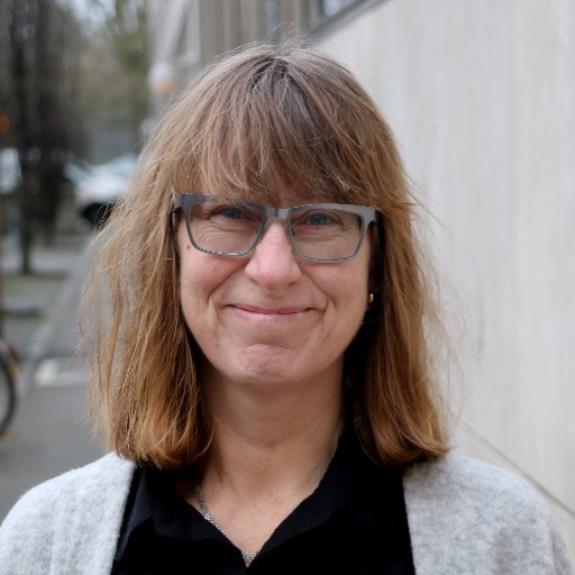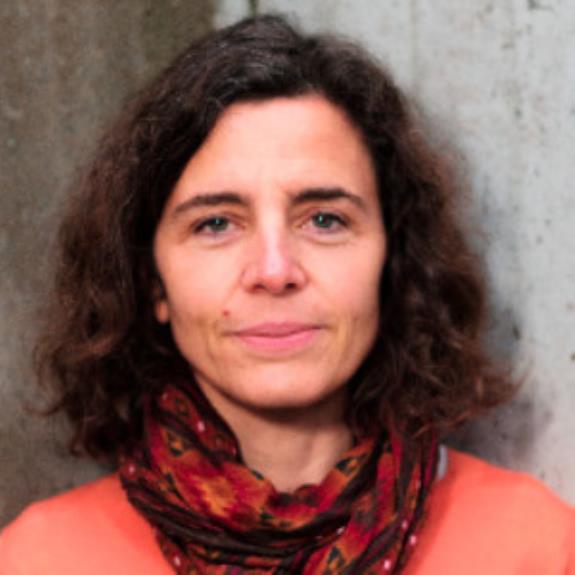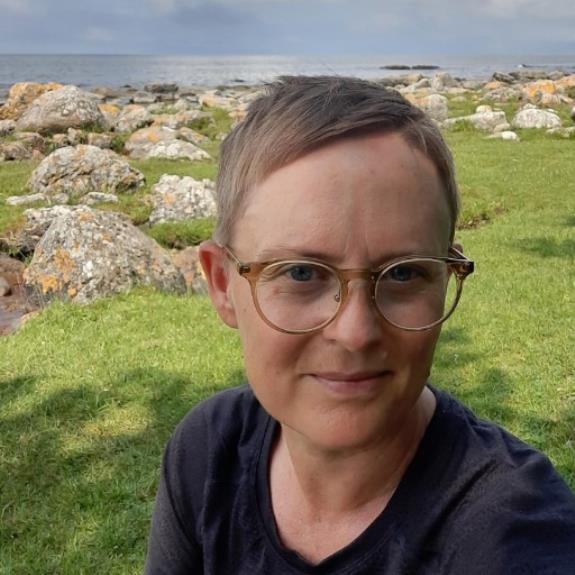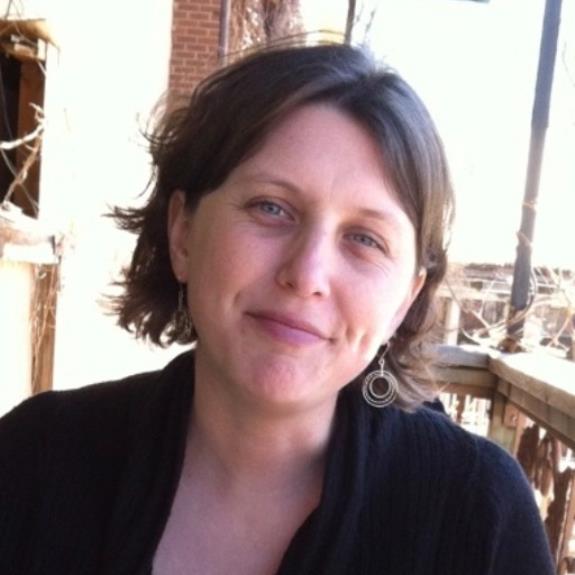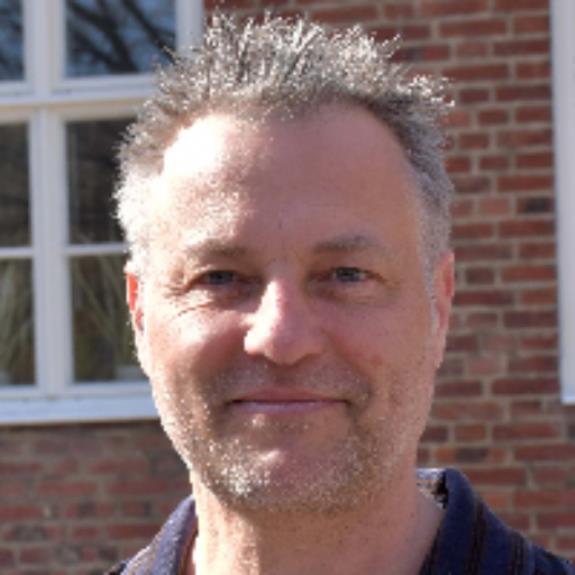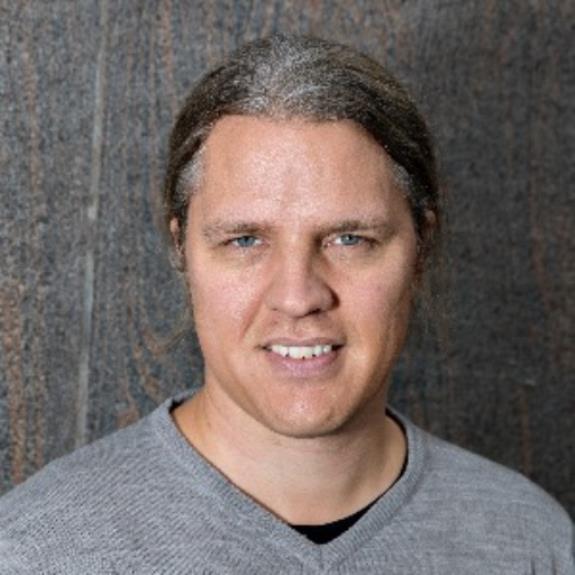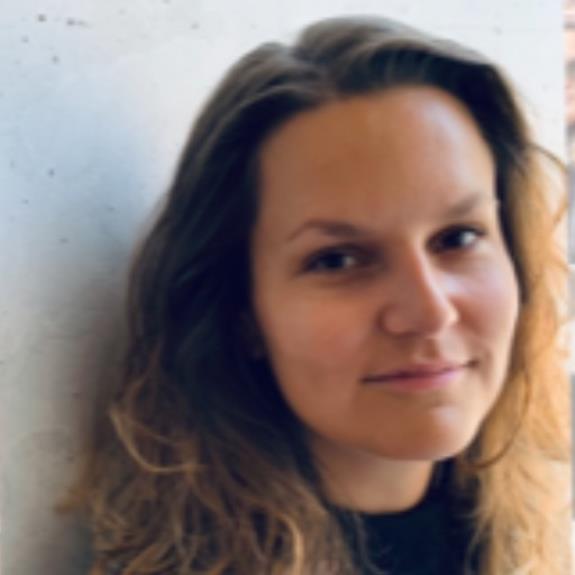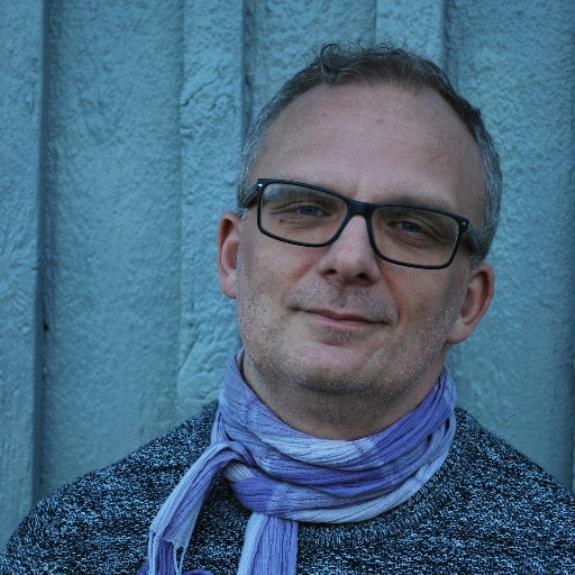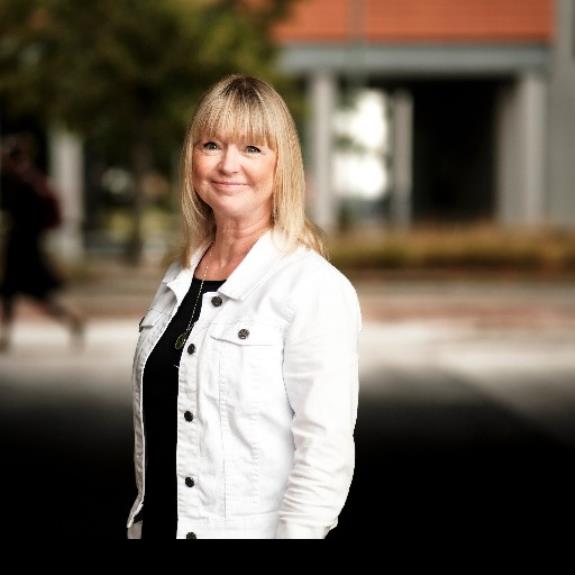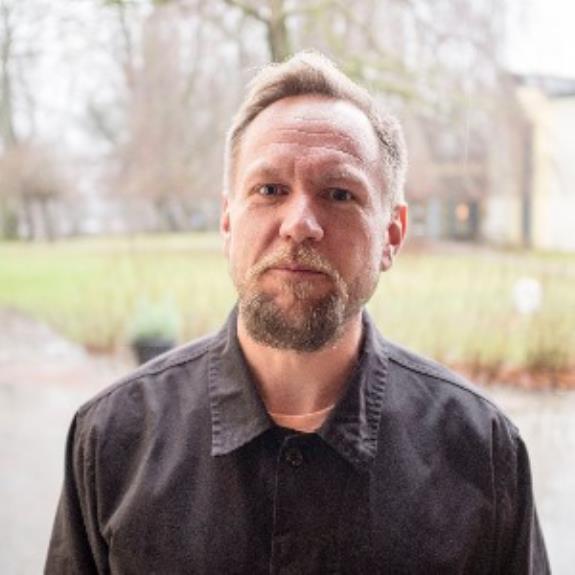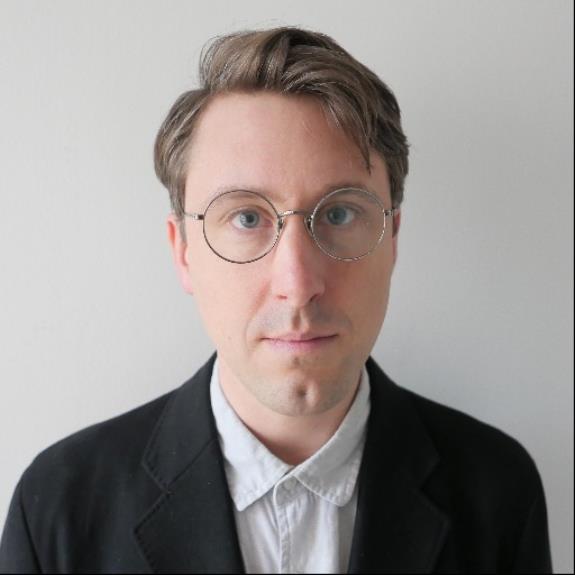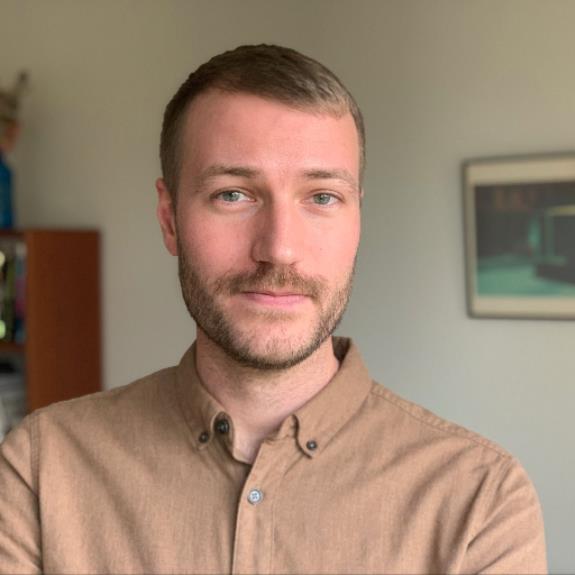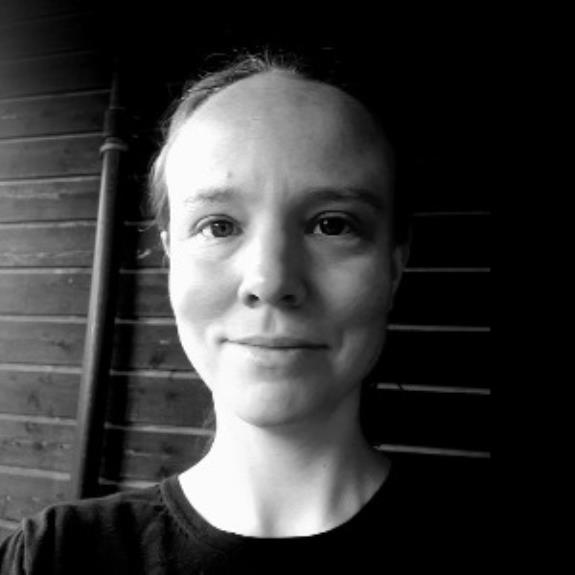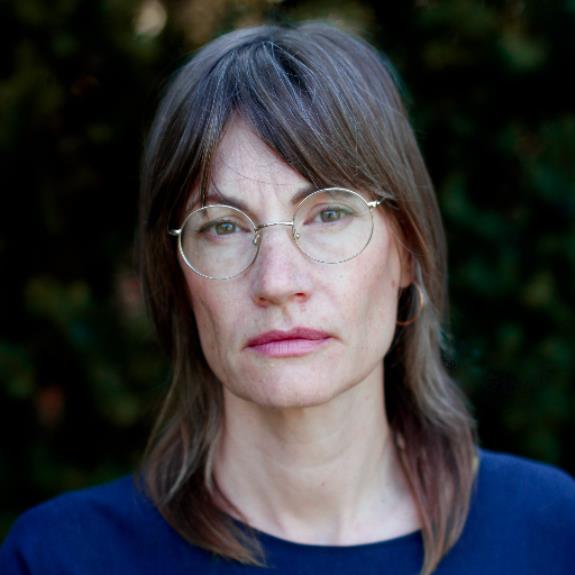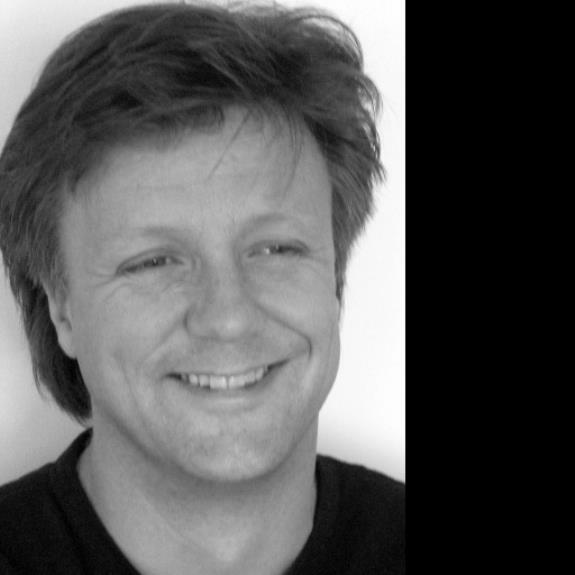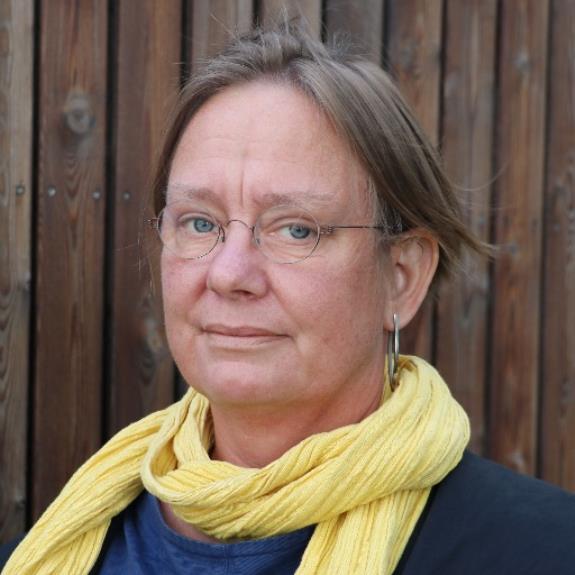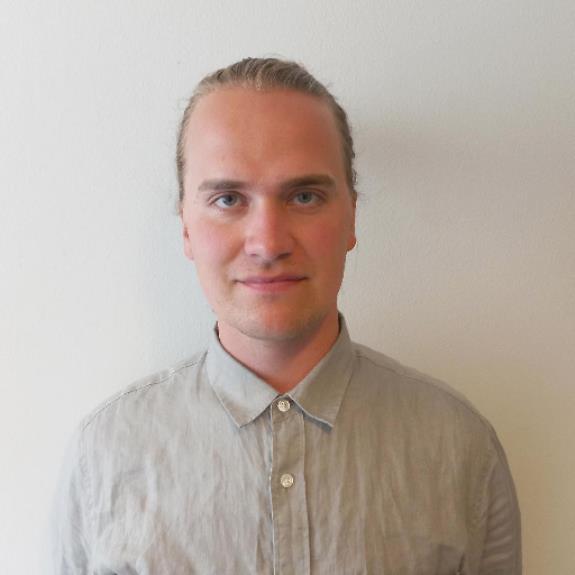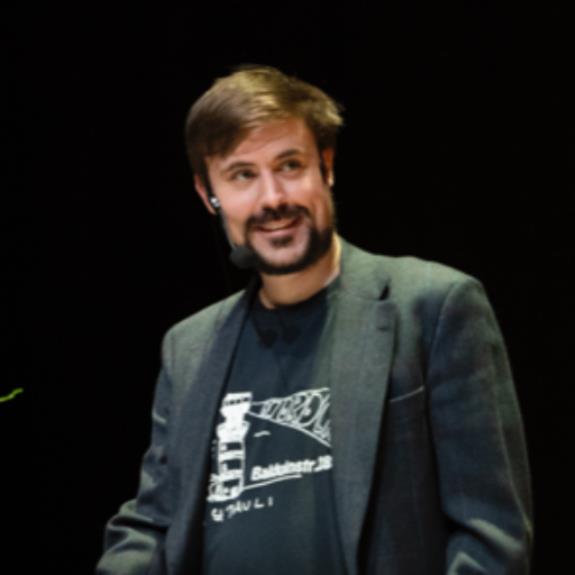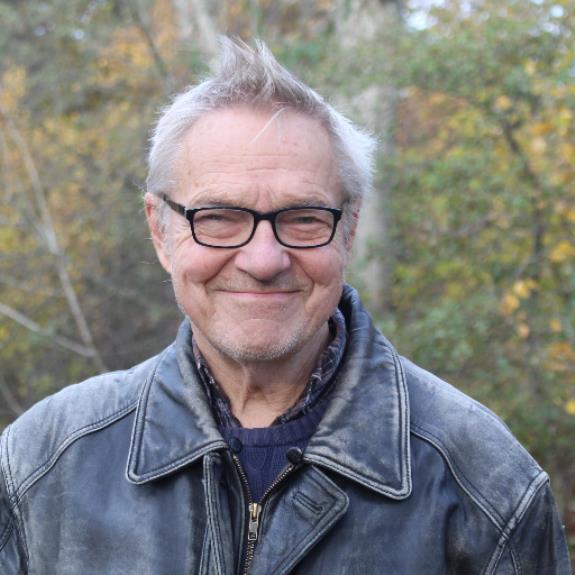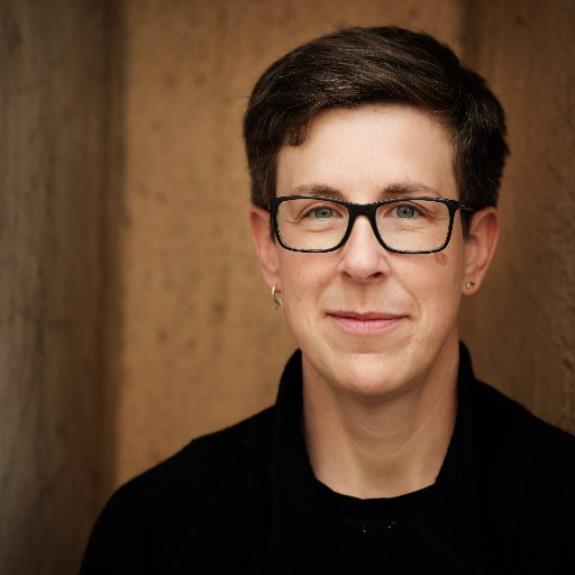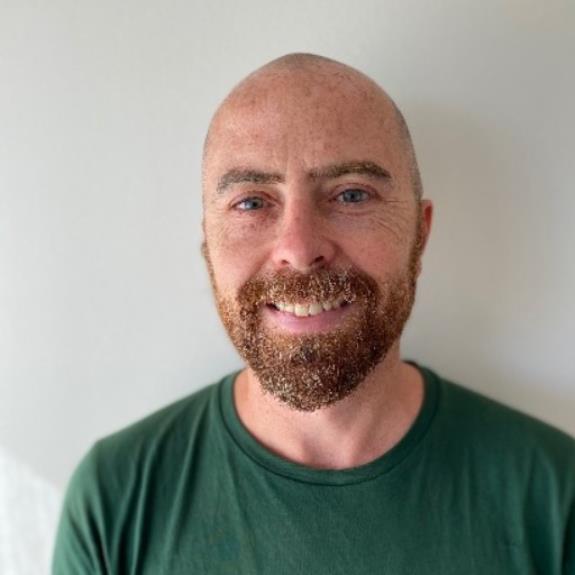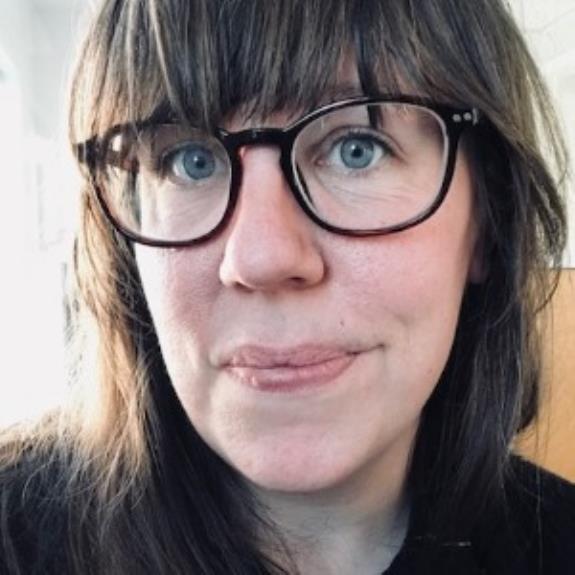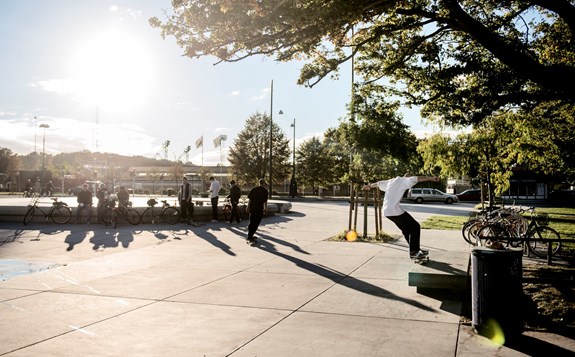We use cookies on this website. Cookies help us deliver the best experience on our website. Read about cookies.
-
- Education
- Education
- Programmes and courses
- Applications and admissions
- Tuition fees
- Scholarships
- Exchange studies at Malmö University
- Study Guidance
-
- After admission
- After admission
- Moving to Malmö
- Pre-orientation
- Arrival guide
-
- About studies at Malmö University
- About studies at Malmö University
- Why choose Malmö University
- Understanding university studies
- Connect with our students
On the page -
- Research
- Research
-
- Doctoral studies
- Doctoral studies
- Doctoral courses
-
- Doctoral schools
- Doctoral schools
- Doctoral school: Education, Learning and Globalisation
- Doctoral school: The National Research School for Professionals in Social Services
- Doctoral school: Learning in Multicultural Societal Contexts
- Doctoral school: ComBine
- Doctoral school: Swedish National Graduate School in Science and Technology Education Research
- Doctoral school: Relevancing Mathematics and Science Education (RelMaS)
- Doctoral school: Sustainable Movement Education
- Doctoral school: Finding ways in a time of great future challenges (FinnFram)
- Doctoral school: Pedagogy and Vocational Skills
- Doctoral school: Culturally Empowering Education through Language and Literature
- Research subjects
-
- Research centres
- Research centres
- Biofilms Research Centre for Biointerfaces
- Citizen Health
- Imagining and Co-Creating Futures
- Institute for Urban Research
- Malmö Institute for Migration Studies
- Literacy and Inclusive Teaching
- Centre for Work Life Studies
- Sustainable Digitalisation Research Centre
- Centre for Sexology and Sexuality Studies
-
- Research publications
- Research publications
- Search publications
- Malmö University Press
- Research events
- Participate in a research study
- Coffee Break Quiz
On the page -
- Collaboration and Innovation
- Collaboration and Innovation
- Innovation
- Collaboration with students
-
- Collaborate with researchers
- Collaborate with researchers
- Labs and facilities
- Culture collaboration
- Support Malmö University
- Alumni & Friends
On the page -
- About us
- About us
-
- Faculties and departments
- Faculties and departments
-
- Faculty of Culture and Society
- Faculty of Culture and Society
- Department of Urban Studies
- Department of Global Political Studies
- School of Arts and Communication
-
- Faculty of Education and Society
- Faculty of Education and Society
- Department of Childhood, Education and Society
- Department of Sports Sciences
- Department of Natural Science, Mathematics and Society
- Department of School Development and Leadership
- Department of Culture, Languages and Media
- Department of Society, Culture and Identity
-
- Faculty of Technology and Society
- Faculty of Technology and Society
- Department of Computer Science and Media Technology
- Department of Materials Science and Applied Mathematics
-
- Faculty of Odontology
- Faculty of Odontology
- Master's programmes in Dental Science
- University Dental Clinic
- Management and decision-making paths
-
- Vision, objectives and strategy 2025
- Vision, objectives and strategy 2025
- Global engagement
- Sustainability
- Widened recruitment and participation
- Quality assurance work at the University
-
- Malmö Academic Choir and Orchestra
- Malmö Academic Choir and Orchestra
- Student work – video pieces
-
- Annual Academic Celebration
- Annual Academic Celebration
- Academic traditions
- Meet our new professors
- The University in a troubled world
On the page
Social Work
The research subject social work concerns traditional social issues regarding the welfare of children and families, substance misuse and addiction, ageing, disability, and poverty and other manifestations of structural inequality. Research is carried out using both practical and theoretical knowledge models.
The focus of the research ranges from individuals and groups in vulnerable life situations to societal circumstances influencing people’s conditions and life chances. The research asks questions about how social vulnerability arises, and how to prevent and counteract it. It is about how social work can be organised in terms of interventions and mobilisation, and also about the organisation and impact of welfare and social-political measures. The user perspective, as well as that of social workers and professionals, inform the research.
Research also deals with issues connected to experiences of migration processes, encounters with welfare institutions, as well as the response of social work to migration and diversity.
Other important elements of research are sexuality studies, and issues related to sustainable urban development.
Focus areas
Children, youth and family
The research within this area concerns children, youth, families and parenthood in a post-modern contemporary society, which is characterised by particular complexities and vulnerabilities.
Among other things, we focus on:
- the living conditions of children and families in situations that are both individually and structurally challenging
- everyday life of young people, with a special focus on identity issues and resistance
- on family politics and the conditions for parenthood
- the collaboration between actors who are involved in social child care
Disability and rehabilitation research
The Department of Social Work studies disability in relation to social vulnerability, social justice, living conditions and norms. The research includes a broad view of physical, mental and cognitive disabilities, with a focus on social exclusion and barriers to participation. Obstacles to participation are studied both based on lack of opportunities for participation on equal terms and based on societal conditions for citizenship and equal health.
An important task of the research group (FURE) is to analyse the interaction between individuals and society and to illuminate issues of disability and rehabilitation from several different perspectives.
Substance abuse and addiction
The research within this area concerns the problems that may arise as a result of drug misuse for individuals and the people closest to them, as well as for society. The control, support and care systems of society are also at the centre of this research.
Most of the research focuses on illegal narcotics, but there is also research on alcohol abuse. Some areas have been elucidated in a number of projects, and those areas are primarily:
- living conditions, lifestyles and risk-taking among persons with drug problems
- social and medical problems as well as mortality among persons who inject drugs
- treatment and care of persons with substance abuse and addiction, within the social services and health care
- drugs policy in Sweden and internationally
The use and misuse of, and the addiction to, drugs need to be analysed from a social perspective and related to social, cultural and political factors. Among other things, the consequences of individualisation, medicalisation and economisation are analysed in our research, with regard to individuals as well as the healthcare system and drug policy.
The research is often based on an actor perspective, where the individuals’ reasons for drug use and the various functions and areas of use are central. Both qualitative and quantitative methods (interviews, surveys, register data, ethnography) are used, and in our projects, we like to cooperate with practitioners, user organisations and persons with drug experiences of their own.
Structural and ecosocial inequality
The research within this area concerns questions at the interface of welfare and poverty issues, social policy, production patterns, working life and labour market, housing and the housing market, as well as migration regimes.
The interest is directed towards unequal conditions and opportunities, and precariousness, and also at how contemporary technologies, such as evaluation and digitalisation, interact with those circumstances. This includes an interest in ecosocial inequality regarding the connection between welfare and resource distribution issues, on the one hand, and ecological and physical as well as social dimensions of sustainability, on the other.
Contact person
Professor Carin Cuadra
Ageing
The research within this area deals with the living conditions of the elderly from the perspectives of gender, ethnicity, migration and embodiment in care, but also with the organisation of both traditional and new forms of elderly care in the wake of demographical changes and increasing differences in social conditions and longevity. Furthermore, the research concerns working conditions and the restructuring of the welfare state, as well as the growing dependence on technological infrastructure, such as digitalisation.
Contact person
Professor Finnur Magnusson
Researchers, publications and projects
-
2025 | Article in journal
Questioned fatherhood in domestic partner abuse/violence: a study on fathers’ experiences of interactions with social workers in child protection investigations in Sweden
Maria Grönte, Tina Mattsson, Lars Plantin
-
2025 | Report
Scoping review of academic research on Housing First in the Nordic countries
Giulia Cavallo
-
2025 | Article in journal
The production of a differential and racialized access to social protection among precariously included migrants in Finland: examining the role of statutory social work
Valter Sandell-Maury
-
2025 | Report
Att möta andras smärta: Kunskapsöversikt om smärtupptäckt vid kommunikationssvårigheter i det brukarnära arbetet
Andréa Wiszmeg, Kristofer Hansson, Maria Norstedt
-
2025 | Article in journal
Resistance to accessibility improvements in publicly accessible buildings
Ilaria Faranda, Hanna Egard, Luca Pareschi, Luigi Maria Sicca
-
2025 | Report
Omskärelse av flickor/könsstympning: Kunskapskatalog för polis, åklagare, socialtjänst, vård och skola
Sara Johnsdotter, Lotta Wendel
-
2025 | Article in journal
Psychological Distress among International Students during COVID-19 in Sweden
Robert Menge, Catherine Suubi Kayonga, Comfort Ankunda, Lambert Buzaare
-
2025 | Article in journal
Navigating in Closeness with Residents at Group Homes for Adults with Intellectual Disabilities: Self-Determination and Ethical Dilemmas in Everyday Work
Sofia Bergholtz, Kristofer Hansson, Monica Larsson
-
2025 | Article in journal
Sex Work Stigma and Psychological Distress: A Mixed-Methods Analysis of an International Sample of Sex Workers
Freya Brunswig, Juliette Desbuleux-Rettel, Leonhard Kratzer, Charlotta Holmström, Annett Lotzin, Katinka Schweizer, Johannes Fuss, Johanna Schröder
-
2025 | Article in journal
Prevention i den moderna genteknikens tidevarv: Att lära av funktionshinderrörelsen
Kristofer Hansson, Andréa Wiszmeg
-
 Research project
Research projectHuman Rights Mobilisation of Welfare Professionals Against the Informers Act - Arguments, Strategies and Practices (HUMASP)
jacob.lind@mau.se -
 Research project
Research projectWhat is Successful Sexual Aging? A Cross-cultural Mixed Methods Assessment (HEALTHSEXAGE project)
charlotta.lofgren@mau.se -
 Research project
Research projectStrategies to improve access to sexual and reproductive healthcare among young people with migration experience: a pilot study
catrine.andersson@mau.se -
 Research project
Research projectA new child poverty : housing as a cause and consequence of family poverty in a conditional welfare state
martin.grander@mau.se -
 Research project
Research projectComparative Analysis of Sexuality Education Policies and Implementation Strategies in South Africa and Sweden
mats.lundstrom@mau.se -
 Research project
Research projectA guide for conversations with young people about sexuality and female genital mutilation/cutting
camilla.palm@mau.se -
 Research project
Research projectPracticing Hope: Challenging myths and changing narratives of youth in super-diverse urban communities (YouHope)
jacob.lind@mau.se -
 Research project
Research projectSexual health and relapse prevention for adults with substance abuse: Evaluation of a manualized intervention and continuous education of...
marie.e.karlsson@mau.se -
 Research project
Research projectSexuality in an international perspective: A comparative analysis
eva.elmerstig@mau.se -
 Research project
Research projectOpinions, experiences, and emotions in the classroom. Exploring the learning environment for deep learning in a course on sexual and...
camilla.palm@mau.se -
 Research project
Research projectUnderstanding epilepsy: Knowledge, education and stigmatisation, 1950-2020
matilda.svensson@mau.se -
 Research project
Research projectDevelop and adapt trauma treatment and care services for women who have experienced armed conflicts and forced migration
marie.e.karlsson@mau.se -
 Research project
Research projectMission driven area-based initiative for health and well-being
martin.grander@mau.se -
 Research project
Research projectExperiences of subject integrated teaching on sexuality, consent and relationships at special schools
charlotta.lofgren@mau.se -
 Research project
Research projectThe School's Work with LGBTQI Issues in Grades 1-6. A Research Study
jack.lukkerz@mau.se -
 Research project
Research projectPreventing sexual harassment in academia - reflections among university students
-
 Research project
Research projectExpectations and responsibility: education for and with family carers who care for a relative with dementia
asa.alftberg@mau.se -
 Research project
Research projectChildren and youth integration through sport. Examples of Sweden and Uganda
thomas.persson@mau.se -
 Research project
Research projecteHealth support to improve the care process for patients and partners who are involuntary childlessness
eva.elmerstig@mau.se -
 Research project
Research projectSex Education and Disability in Tanzania
charlotta.lofgren@mau.se -
 Research project
Research projectWorking with the updated sexuality education directives: A process-oriented practice-based study in a Swedish municipality
-
 Research project
Research projectChanged sexual practices and relationships when sexually transmitted infections become resistant to antibiotics? - a postdoc study focusing...
kristofer.hansson@mau.se -
 Research project
Research projectAlternative communication in residential care homes for older people
dana.hagstrom@mau.se -
 Research project
Research projectOn-going research on living conditions and social initiatives in Malmö's marginalised housing areas
martin.grander@mau.se -
 Research project
Research projectChild-to-parent violence - a cross-sectional study
-
 Research project
Research project"A hand appeared suddenly” – Experiences and reflections of sexual harassment among students and PhD-students
mika.hagerlid@mau.se -
 Research project
Research projectNew infidelities? Life stories on infidelity 1960-2020
catrine.andersson@mau.se -
 Research project
Research projectBeing young, with migration experiences and identifying as an LGBTQ+ person
Research environments
Centre for Sexology and Sexuality Studies (CSS)

Centre for Sexology and Sexuality Studies (CSS)
The Centre for Sexology and Sexuality Studies carries out multidisciplinary research on sexuality from social science, humanistic, medical and clinical perspectives. Our aim is to develop and stimulate faculty-wide research in sexology and sexuality studies, and also to strengthen national and international research collaboration within the field.
Malmö Institute for Studies of Migration, Diversity and Welfare (MIM)

Malmö Institute for Studies of Migration, Diversity and Welfare (MIM)
Malmö Institute for Studies of Migration, Diversity and Welfare (MIM) is an international research centre with a multidisciplinary profile and a strong international presence.
Doctoral studies in Social work
Malmö University offers Doctoral studies in Social work.
Social Work is a study of individuals and groups in vulnerable life situations and of social conditions that affect people’s living conditions.
The studies take their point of departure in social problems but also include factors and strategies that prevent and counteract social marginalisation and exclusion. Social work also comprises studies of the social interventions and of the human service organisations which provide such interventions.
